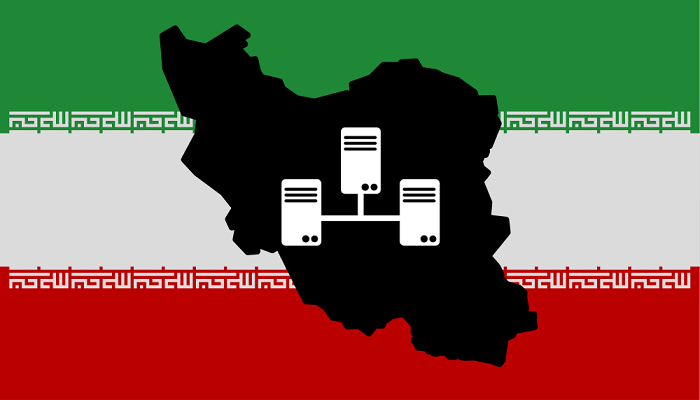The religious regime’s parliament approved in a closed session, the “plan to protect the rights of users in cyberspace” on July 28. The idea to ban the Internet is modeled on countries like China and North Korea, which restrict free access to the Internet in violation of Article 69 of the regime’s Constitution.
The plan and filtering Internet messengers.
According to the People’s Mujahedin of Iran (PMOI / MEK Iran), and the National Council of Resistance of Iran (NCRI) the Internet is under the control of a working committee made up of military and security organizations, according to Article 9 of the plan.
The dictatorship hopes to fool the public by introducing the plan and filtering Internet messengers.
The plan to restrict the Internet will lead to the community using internal platforms and domestic social media instead of the public’s current use of international platforms.
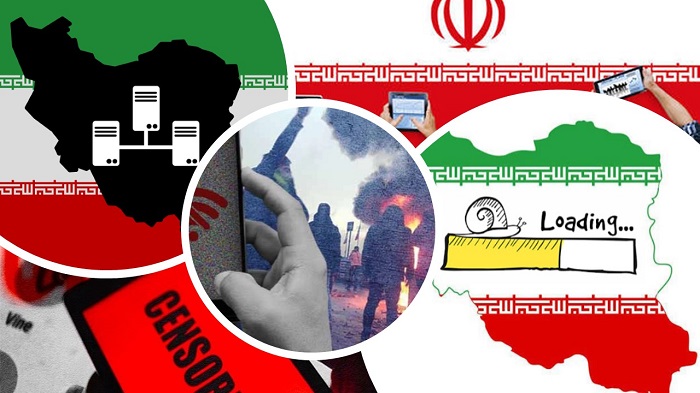
The Iranian public’s fundamental rights
The Iranian public’s fundamental rights to access the free flow of information and to preserve their legitimate liberties and privacy are being violated by the deliberate filtering of foreign platforms and the disconnecting of people from the global Internet.
“There are more than a million jobs on Instagram alone,” Ali Rabiee, a spokeswoman for Hassan Rouhani’s ministry, told the state-run Bahar news website on July 28.
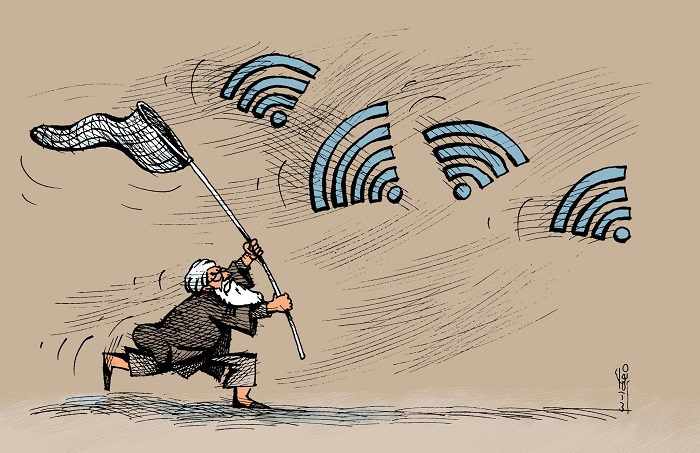
4 million women heads of households
In Iran, there are 4 million women heads of households, but only 18% of them have jobs. Many of them work from home or on the Internet as a result of the clerical regime’s discriminatory policies against women’s employment.
Following the Coronavirus outbreak, their numbers have risen. Because of the ease of working in this social environment, they frequently utilize social media to create a business.
Women’s heads of families have used restricted labor opportunities in cyberspace to compensate for some of Iran’s real-life restrictions on women.
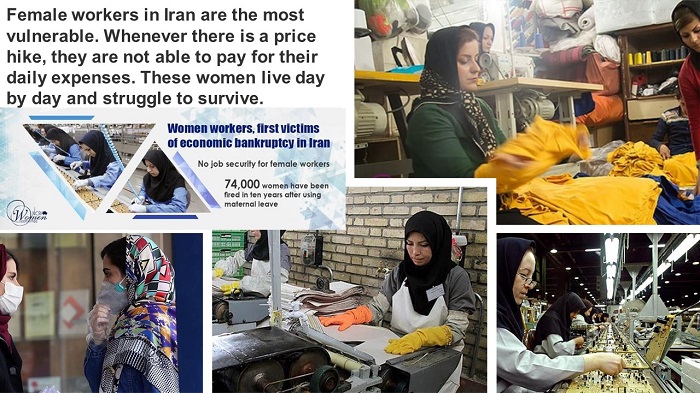
Plan to block the Internet
The adoption of the plan to block the Internet, which coincides with Ebrahim Raisi’s inauguration, will result in the loss of many Internet employment.
Former MP Tayyebeh Siavoshi said that the proposal was implemented “abruptly and secretly” under Article 85 and in a “non-transparent” manner.
According to Siavoshi, the initiative “deals an irreparable blow to women’s small and informal businesses in Iran.” According to the state-run ISNA news agency on August 1, the plan might “eliminate entrepreneurial groups that work as cooperatives, urban and rural micro-agricultural funds, or assist women heads of households.”
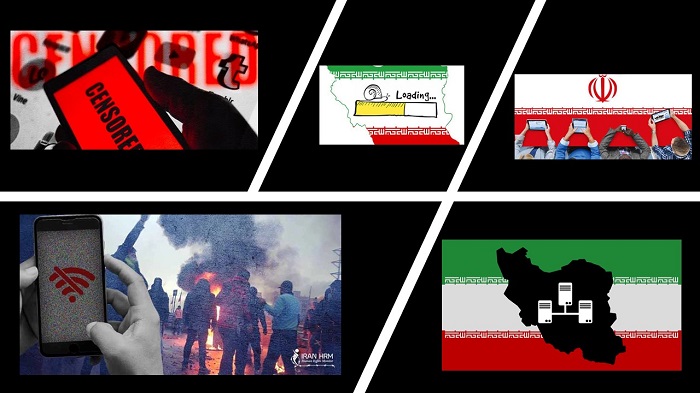
Iranian dictatorship monitors people’s private affairs
Even if domestic networks succeed in displacing foreign networks, people will need years to reclaim their clients. Because the Iranian dictatorship monitors people’s private affairs and lives, it’s unclear what percentage of the new clients will be willing to trade with them on Iranian domestic networks.
The Internet provides a platform for Iranians who are subjected to repression to voice their views. They also share photographs of people’s suffering as well as information about anti-regime protests. They also keep track of unfiltered news.
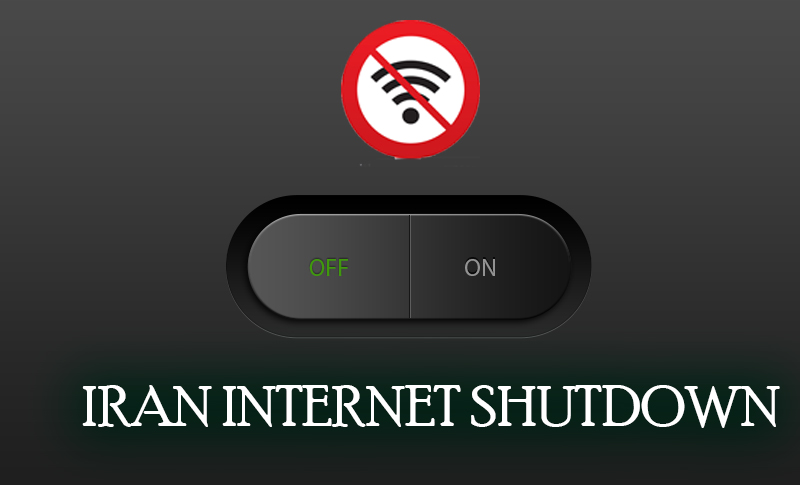
Disseminating news of the protests
This is why, when protests erupt, like in November 2019 and during the current upheaval in Khuzestan over water shortages, the religious authority restricts or prevents Internet access. The dictatorship is preventing people from disseminating news of the protests and gaining support and solidarity from other places in this manner.
The international community must not remain silent in the face of violations of the Iranian people’s most basic human rights, including their right to unrestricted access to the Internet.
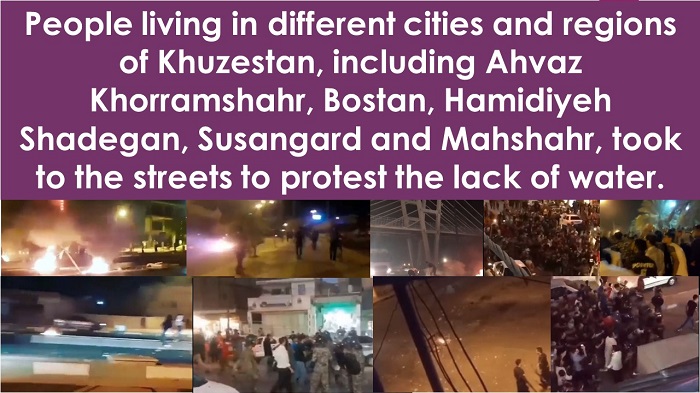
MEK Iran (follow us on Twitter and Facebook)
and People’s Mojahedin Organization of Iran – MEK IRAN – YouTube


